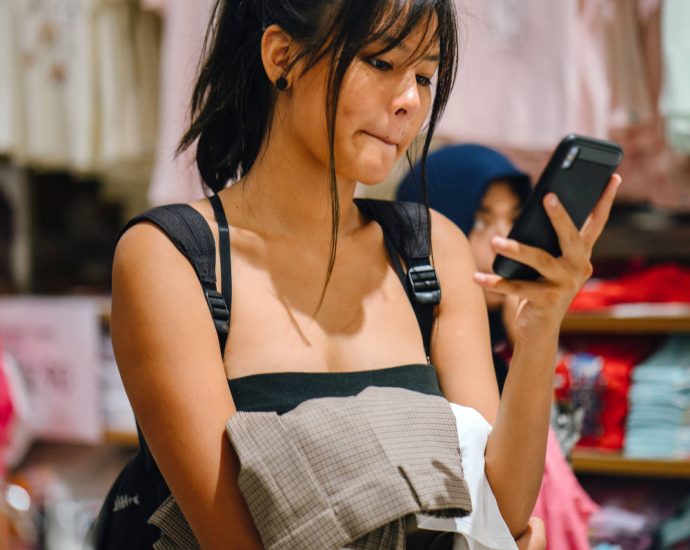A recent study found 57 million mobile banking users in the US. Not surprisingly, there’s a much higher percentage of young users. In fact, almost 70% of Millennials used mobile banking compared to less than a quarter of Baby Boomers. Whether you’re new to mobile banking or it’s the only way you’ve ever banked, here are some things you should know to keep your money safe.
Download your bank’s app from an approved site – and keep it updated
This may seem like a no-brainer, but I know people who like to use independent Android app sites instead of Google Play or Amazon. While that may be okay with a game, it’s not the way to go when you’re dealing with your money. These .apk files can have viruses or just simply not work. Go to an approved site to download your banking app.
And keep it updated. If you don’t have auto-updates on, at the very least check regularly to make sure your important apps have the latest updates.
Create a strong and unique password
This is not the place to use your birthday or 1234. It’s also not the place to reuse a password. Create a password using numbers, special characters, and upper- and lower-case letters. Consider using something easy to remember – like the first letter of each word from the opening line of your favorite book or a song lyric, and the year the piece was published. For example – California Dreamin’: All the leaves are brown, and the sky is gray could be #ATLAB65atsig.
Usually I have no problem with using a password service, but there are passwords in your life that you need to know. Those dealing with money are at the top of the list. Memorize your bank password.
Multi-factor authentication
Whether online or using your phone, having to do more than just enter your name and password is one way to keep your money secure. With multi-factor authentication, you log in and the bank sends you a code via text or email; some offer to call you or you can call them if that makes you more comfortable. Then you have a set amount of time to enter the code and access your account.
Log out after you are done
When I started writing this, I wondered if you really needed to log out of your account when you were finished. So I simply minimized my banking app and let the phone go black. After, I entered my password and maximized the app and voila – I was still logged in. Mistakenly remaining logged in would be easy to do if you were interrupted while you were banking, or if you got a call and just clicked over to it. Make sure you log out of your account each time.
Don’t do any banking through public wi-fi
I firmly believe anything needing a password shouldn’t be done on public wi-fi. You really have two choices if you’re out and need to check your bank account. One – use your Virtual Private Network (VPN). VPNs hide your information so wi-fi snoopers can’t hack into your phone. Two – use your data. We’ve all been trained to use wi-fi to save data, but with banking (and any password-protected site) using data is well worth it.
Recognize phishing
If you receive an email or text instructing you to respond immediately because some awful thing is happening to your money, take a breath. Look closely at the communication. Does it seem plausible that you are losing $1,500 right now? I understand the need to be concerned, especially with money. However, find a verified customer service number (probably on your ATM card) and call them. Don’t use the contact information in the email/text you received. When you speak to your bank, ask first about your balance (to put your mind at ease) then explain the situation. If something truly bad is occurring, at least now you’ll be assured that you’re talking to your bank.
Handling deposited checks
When I first started mobile banking, I made a deposit and marked Void on the check. Even though the bank verified the transaction, something happened and the deposit didn’t go through. Make sure you hold onto those checks until the deposit is in your account. Banks usually contact you quickly to say the money was successfully deposited.
Then shred the checks. If Grandma gave you a check for Christmas, you are responsible for the proper disposal of the check when you use mobile deposit. That means you shouldn’t just throw it away. Either keep these checks in a safe place until you have a neighborhood shredding event, or better yet, buy a shredder so it’s taken care of immediately.
Mobile banking apps are growing in popularity. In Britain, more people prefer dealing with their banks using an app than doing online banking. Britain may be taking the lead, but the US won’t be far behind. Remember these tips and enjoy the convenience of mobile banking.
Photo by mentatdgt
